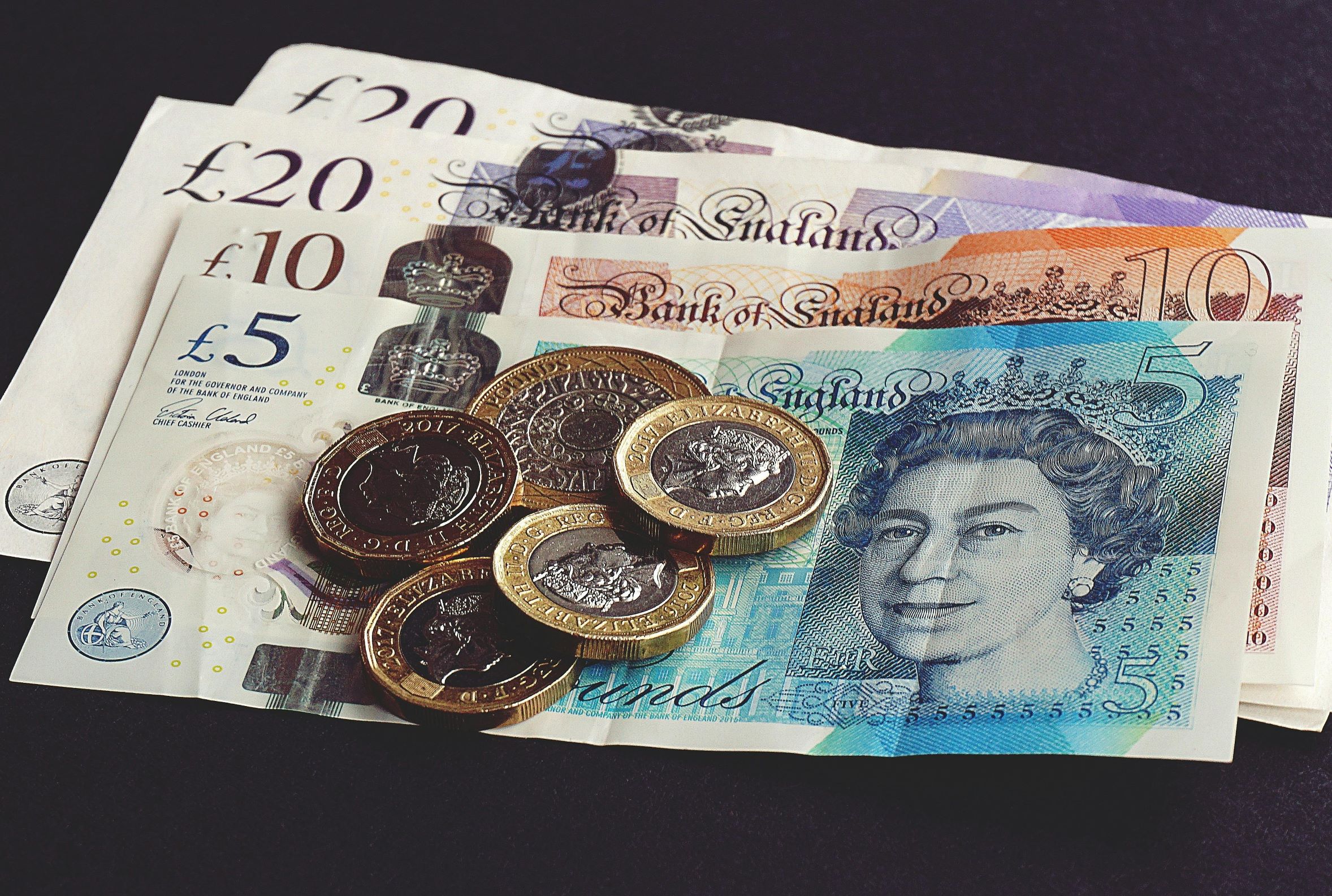Visa Stock Analysis: Is Visa a Strong Opportunity Ahead of Q4 Earnings?
$325.48
28 Jan 2026, 19:25

Pexels.com

Mounting debt and rising interest costs add pressure ahead of potential autumn tax hikes
Record-Breaking Borrowing Raises Alarm
The UK government’s borrowing for June soared to £20.7 billion — the second-highest figure for that month since records began in 1993. According to the Office for National Statistics (ONS), the unexpected surge was driven by soaring interest payments and increased spending on public services.
This borrowing figure was nearly £4 billion higher than economists had forecast, reflecting the widening gap between tax revenues and government expenditure.
Key Figures and Financial Pressures
Market Reaction
Investor concerns over public finances pushed up UK gilt yields:
Russ Mould, investment director at AJ Bell, stated:
“The market’s reaction is a clear signal that investors are unimpressed with the UK’s fiscal health.”
Political and Economic Implications
Chancellor Rachel Reeves has pledged to reduce national debt and balance the budget by 2030 under her strict fiscal rules. But the latest borrowing figures suggest this goal is becoming increasingly difficult to achieve without raising taxes or cutting spending.
Analysts Expect Autumn Tax Hikes
Pantheon Macroeconomics warned that tax rises are increasingly likely:
Rob Wood, Chief UK Economist at Pantheon, estimates the budget shortfall is widening rapidly:
“The Chancellor’s previous £9.9 billion of headroom has now turned into a £13 billion hole.”
To bridge the gap, the government may need to raise or save over £20 billion in the upcoming Autumn Statement.
Treasury Response
Darren Jones, Chief Secretary to the Treasury, reiterated the government’s commitment to fiscal responsibility:
“We will not borrow for day-to-day spending and remain focused on reducing debt as a share of the economy.”
He emphasised that sound public finances are essential for long-term investment and stability.
Outlook for Investors and Consumers
Rising government borrowing may lead to:
If Chancellor Reeves opts for sin taxes and pension reforms, sectors like alcohol, tobacco, and wealth management could be directly affected.
Conclusion
With government borrowing reaching alarming levels, the stage is set for tough choices in the autumn. Tax hikes, spending cuts, or both may be necessary to restore fiscal credibility. Investors and households alike should prepare for policy changes that could impact disposable incomes and market sentiment.
Sources: (BBC.co.uk, SKY.com)